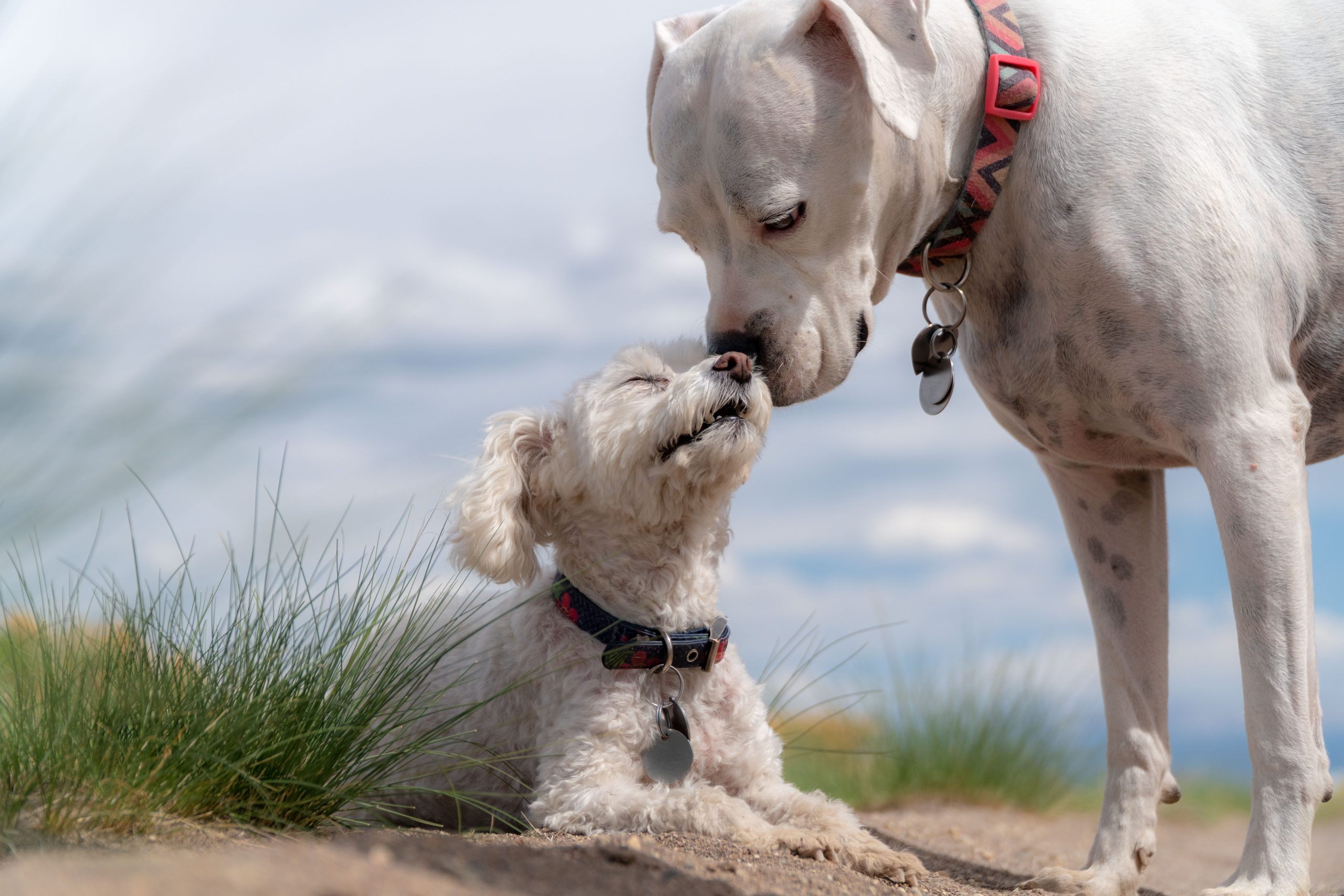Dogs, with their curious natures and sometimes indiscriminate appetites, are susceptible to various gastrointestinal (GI) disorders that can range from mild discomfort to potentially life-threatening conditions. As responsible pet owners, it’s essential to recognize the signs of GI distress and understand the underlying causes, treatment options, and preventive measures to ensure our furry companions’ well-being.
Causes of Gastrointestinal Disorders in Dogs:
Dietary Indiscretion: Dogs may ingest inappropriate or contaminated foods, foreign objects, or toxic substances, leading to Gastrointestinal issues like vomiting, diarrhea, or obstruction.
- Infectious Agents: Viral, bacterial, or parasitic infections can cause inflammation and irritation in the digestive tract, resulting in symptoms like diarrhea, vomiting, and abdominal pain.
- Inflammatory Bowel Disease (IBD): Chronic inflammation in the digestive tract, often due to an overactive immune response, can lead to Inflammatory Bowel Disease, which causes recurring Gastrointestinal problems.
- Pancreatitis: Inflammation of the pancreas can result in severe abdominal pain, vomiting, and decreased appetite.
- Gastrointestinal Obstruction: Foreign bodies, tumors, or intestinal blockages can partially or completely obstruct the digestive tract, leading to vomiting, constipation, and potentially life-threatening complications.
- Food Allergies or Intolerances: Some dogs may have adverse reactions to certain ingredients in their diet, leading to Gastrointestinal distress and skin issues.
- Stress or Anxiety: Emotional stress can disrupt the normal functioning of the digestive system and contribute to GI problems.
Symptoms of Gastrointestinal Disorders in Dogs:
- Vomiting: Persistent or recurring vomiting can be a sign of various Gastrointestinal issues and should be evaluated by a veterinarian.
- Diarrhea: Chronic or bloody diarrhea can indicate infections, dietary issues, or more serious underlying conditions.
- Abdominal Pain: Dogs may exhibit signs of discomfort, such as whimpering, restlessness, or a hunched posture, indicating abdominal pain.
- Loss of Appetite: A decreased or complete loss of appetite can be a symptom of various Gastrointestinal disorders.
- Weight Loss: Unexplained weight loss can occur due to malabsorption of nutrients or chronic GI conditions.
- Lethargy: Gastrointestinal distress can cause fatigue and lethargy in dogs.
- Dehydration: Excessive vomiting or diarrhea can lead to dehydration, which can be life-threatening if left untreated.
Advice for Gastrointestinal Disorders in Dogs:
Gastrointestinal disorders in dogs will depend on the underlying cause and severity of the condition. Some common approaches include:
Dietary Management: Prescription diets, bland foods, or elimination diets may be recommended to alleviate symptoms and identify potential food intolerances.
Antibiotics: Antibiotics may be prescribed to treat bacterial infections or inflammation in the digestive tract.
Probiotics and Digestive Enzymes: These supplements can aid in restoring a healthy gut microbiome and improve digestion.
Fluid Therapy: In cases of severe dehydration, intravenous fluids may be necessary to replenish fluids and electrolytes.
Surgery: In some cases, such as intestinal obstructions or tumors, surgical intervention may be required.
Preventive Measures for Gastrointestinal Disorders in Dogs:
While some Gastrointestinal disorders may be unavoidable, there are several preventive measures pet owners can take to minimize the risk:
Proper Nutrition: Feed your dog a balanced, high-quality diet suitable for their age, breed, and activity level. Avoid table scraps and potentially harmful human foods.
Environmental Management: Keep your home and outdoor spaces free from potential hazards, such as toxic substances, garbage, or small objects that your dog may ingest.
Stress Reduction: Provide a calm, enriched environment for your dog and address any sources of stress or anxiety that may contribute to Gastrointestinal issues.
Vaccinations: Keep your dog up-to-date on vaccinations to protect against viral infections that can cause gastrointestinal symptoms.
Regular Exercise: Appropriate exercise can promote healthy digestion and prevent obesity, which can contribute to GI problems.
Routine Veterinary Check-ups: Regular wellness exams allow your veterinarian to detect and address any potential Gastrointestinal issues early on, before they become more serious.
By being proactive, observant, and following your veterinarian’s guidance, you can help prevent and manage gastrointestinal disorders in your canine companion, ensuring their overall health and well-being.




 On demand visits for urgent issues 24/7
On demand visits for urgent issues 24/7 








